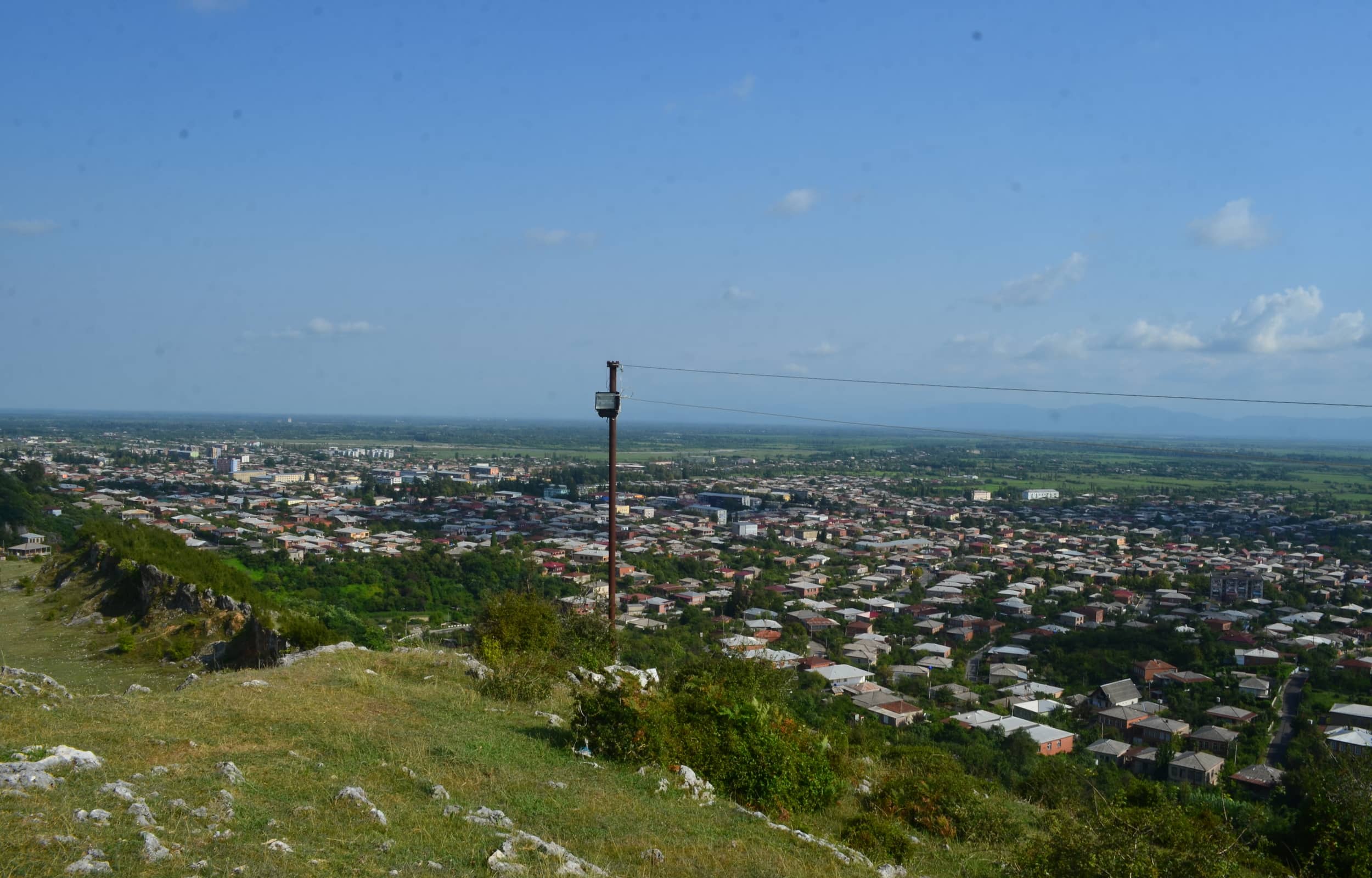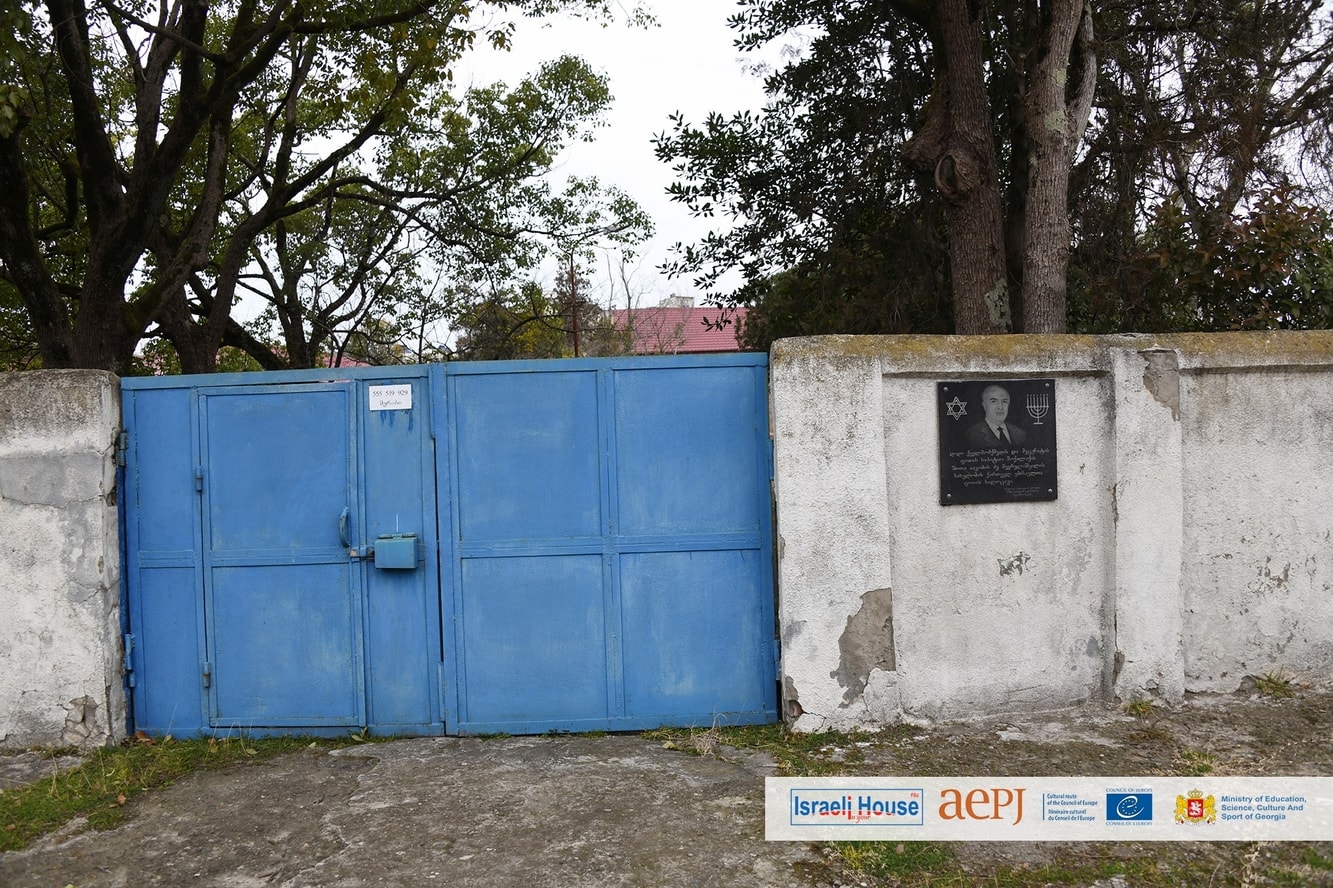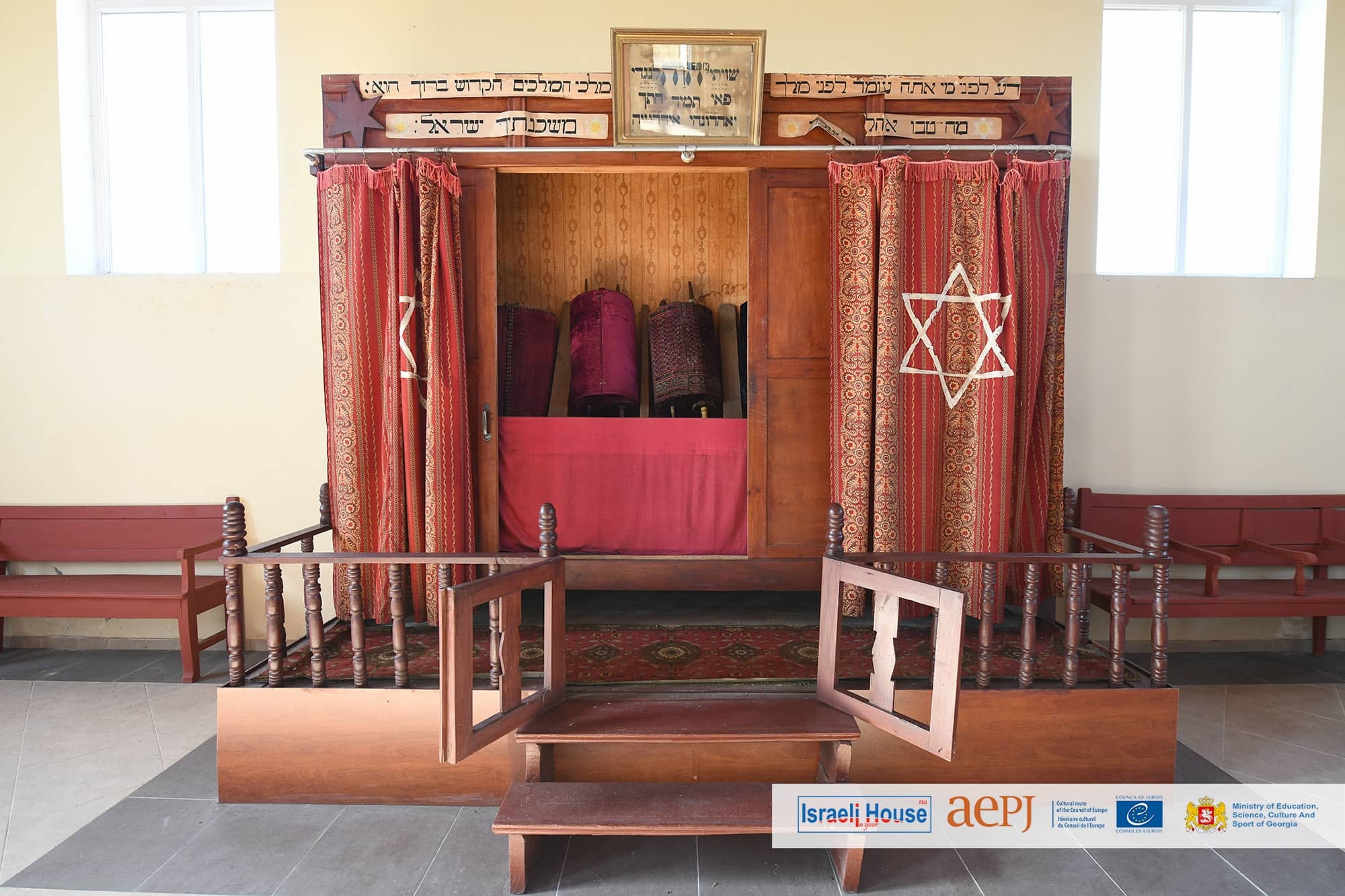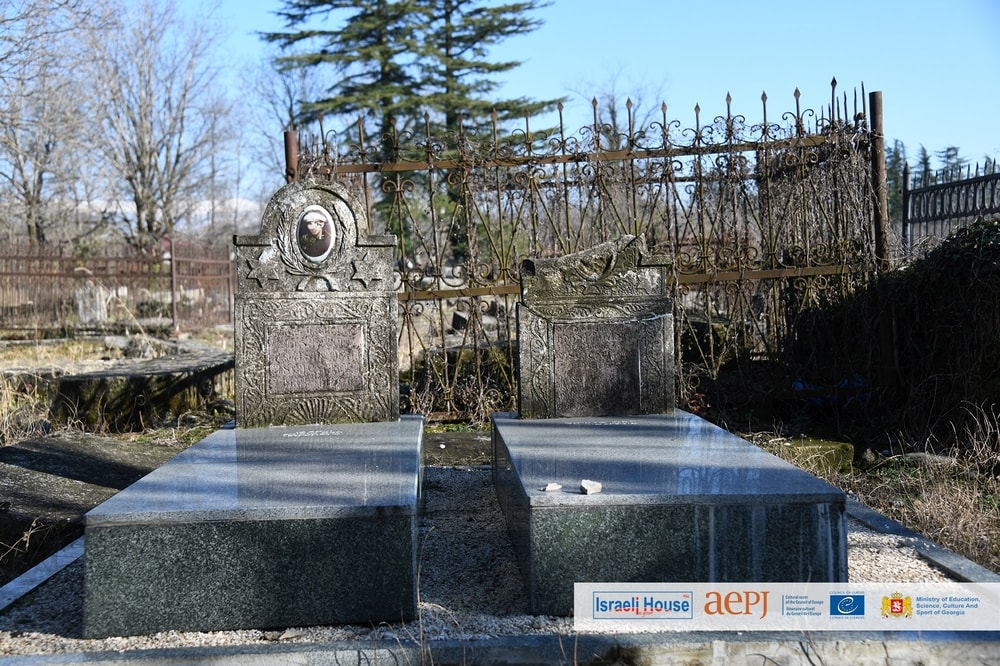Blogs
Discovering the Jewish Story of New York City
New York City is a mosaic of cultures, a bustling metropolis where the story of its Jewish population forms a vibrant chapter in the city’s rich history. Join us as we explore how Jews have shaped and been shaped by the flavors and rhythms of the Big Apple, while also serving as a guide to key sites and cultural events that bring this story to life.
Early Jewish Life
The earliest Jewish settlers arrived in New York City in the mid-17th century. Ashkenazi and Sephardi Jews fleeing persecution in Europe and Latin America found a promising refuge in what was then called New Amsterdam. Despite facing various societal challenges, the Jewish population soon began to thrive, contributing to different sectors such as trade, banking, and craftsmanship. Their unique position as settlers in a developing colony meant they were instrumental in laying the cultural and economic groundwork that would define this burgeoning city.
The Jewish community managed various trades, with many Jews becoming merchants and peddlers. Their success in business helped establish New York as a pivotal trade center, enabling economic prosperity that assisted the city's further expansion. The influence of these early Jewish settlers is an enduring legacy seen in the diverse commercial history that defines New York City's market scene even today.
Overcoming Adversity
Throughout history, various hardships have affected the Jews of New York City, but their resilience shone through every time. Following threats of expulsion and intermittent restrictions on economic activities, the Jewish community banded together to protect and preserve their identity. These shared adversities forged a sense of cohesion and resourcefulness that continued to shape Jewish life—and, in many respects, city life as a whole.
Modern Jewish Life
Today, Jewish life in New York City is as vibrant as it has ever been. Jewish neighborhoods, particularly on the Lower East Side, are hubs of cultural activity and community engagement. Visitors can expect to experience a warm welcome, characterized by traditional Shabbat dinners and community festivals that offer deep dives into Jewish culture, food, and history.
The Jewish scene in New York City offers a fascinating mix of the old and the new. From historic synagogues, like the Eldridge Street Synagogue, to contemporary artistic expressions at venues such as the Museum of Jewish Heritage, the city provides a rich, immersive experience for those wishing to explore Jewish cultural heritage.
[caption id="attachment_55776" align="alignnone" width="1024"] Strolling along Lee Avenue - Photo by Unknown on Hellotickets[/caption]
New York City Jewish Quarter
The New York Jewish Quarter is a bustling hub of history and modernity, filled with stories of Jewish resilience and contribution. Walking through its streets, you'll find an eclectic mix of synagogues, community centers, and shops that sell everything from sacred texts to tasty fresh bagels—a staple of New York Jewish cuisine.
One must-see is the Lower East Side, renowned for its historic tenement buildings and vibrant Jewish community life. Today, it serves as a cultural experience that combines historical intrigue with contemporary flair, making it a must for anyone eager to understand the Jewish story of New York.
[caption id="attachment_55777" align="alignnone" width="800"] Congregation Shearith Israel - Photo by Unknown on shearithisrael.org[/caption]
Congregation Shearith Israel
Congregation Shearith Israel, the first Jewish congregation established in North America in 1654, stands as a testament to Jewish perseverance and faith in the New World. It is not only a religious anchor for the Jewish community but also a symbol of historical continuity amidst the city's rapid evolution.
Visitors to Congregation Shearith Israel are welcomed into a rich liturgical world where traditional Sephardic rites are still practiced. The architecture and artifacts add layers of historical context, offering an enriching visit for those keen on understanding the depth of Jewish history in the United States.
[caption id="attachment_55778" align="alignnone" width="748"] Katz’s Deli, NYC’s Oldest Deli - Photo by Unknown on katzsdelicatessen.com[/caption]
Katz’s Delicatessen
One cannot mention New York Jewish culture without paying homage to Katz’s Delicatessen. Established in 1888, this iconic eatery has served generations with its famous pastrami sandwiches and traditional Jewish fare, such as matzo ball soup, to locals and tourists alike.
Katz's offers more than just food; it provides a sensory experience steeped in cultural heritage, where every sandwich and dish tells a story of Jewish immigrant resilience and New York culinary innovation blending effortlessly.
Tenement Museum
The Tenement Museum on the Lower East Side tells the story of Jewish immigrants, among others, who forged their new lives within these cramped yet vibrant quarters. By preserving these historic tenements, the museum provides an authentic window into the evolving Jewish life in New York City.
Through guided tours and interactive exhibits, visitors can better appreciate the daily challenges Jewish families overcame to build the communities that continue to flourish today.
[caption id="attachment_55779" align="alignnone" width="640"] Jewish Museum - Photo by Ajay Suresh on Wikimedia Commons[/caption]
The Jewish Museum
Located on Museum Mile, The Jewish Museum curates an expansive collection that captures Jewish life worldwide and throughout history. Permanent exhibits and rotating displays foster a rich dialogue through art, culture, and history, drawing parallels between Jewish experiences and wider societal trends.
It is a place of education and inspiration, where visitors can engage with the broader Jewish experience, making it a pivotal stop for anyone interested in global Jewish heritage.
New York Jewish Book Festival
The New York Jewish Book Festival is an annual celebration of Jewish literature that gathers authors, readers, and literary enthusiasts under one roof. It showcases the vast contributions Jewish writers have made to literature, storytelling, and intellectual thought.
The festival is more than just a series of book discussions; it is a chance to explore how Jewish stories continue to evolve and resonate with readers today, offering insights and inspiration for modern audiences.
Ruth Bader Ginsburg
Ruth Bader Ginsburg, affectionately known as "RBG," remains a towering figure in American legal history. Born in Brooklyn, New York, Ginsburg's commitment to justice and equality cemented her status as one of the most revered U.S. Supreme Court justices.
Ginsburg's deep connection to New York is evident in her educational beginnings at Cornell University and Columbia Law School. Though she passed away in 2020 and is buried at Arlington National Cemetery, monuments and murals across New York City celebrate her legacy and continue to inspire future generations.
Barbra Streisand
An iconic name in the entertainment world, Barbra Streisand is celebrated for her extraordinary talents and exceptional career spanning decades. Born in Brooklyn, she broke boundaries in Hollywood and the music industry, securing her place as a beloved entertainer.
Streisand's connection to her New York roots is profound. Despite her enormous success and relocation to Malibu, California, her formative years in New York greatly influenced her artistry. Her legacy is preserved in the hearts of many and celebrated in numerous tributes across the city.
A Journey Through New York’s Jewish Heritage
Exploring the Jewish story of New York City offers a rich tapestry of experiences that weave together history, tradition, and culture. Each synagogue, museum, and festival builds on the resilient spirit that defines the Jewish community here. From the Lower East Side’s vibrant beginnings to the architectural marvel of the Eldridge Street Synagogue, New York's Jewish history is a compelling narrative of faith, family, and innovation.
Whether you're tasting a bagel in a bustling deli or walking through the historic halls of the Jewish Museum, New York City invites you to discover the breadth and depth of its Jewish culture. Experience this remarkable narrative for yourself, and immerse in a history that continues to shape the world's greatest city.





